Aida
Giuseppe Verdi
Opera in four acts
Libretto: Antonio Ghislanzoni after an outline by Auguste Mariette
World premiere: Cairo, 24 December 1871
Polish premiere: Warsaw, 23 November 1875
Premiere of this production: 24 April 2005
In the original Italian with Polish surtitles
Aida has long formed part of the group of most popular operas of all time. The title maintains its status despite belonging to the genre of nineteenth century grand opera, for the most part discredited by posterity due to its pompous convention leaving a discernible mark on both ensemble scenes and main character psychology. Although the genesis of Aida is linked to the long celebrations of the Suez Canal’s opening and the construction of a new opera house in Cairo, Verdi managed to escape the pseudo-folkloristic local colour styling. Admittedly, he did not stint on impressive ballet numbers or the popular Triumphal March, but all the pages of this great score are filled exclusively with his own, entirely unique compositional style. Through focusing mainly on the musical characterization of his protagonists the composer once more reached the legendary pinnacles of melodic and instrumental inventiveness. The staging, successfully maintaining its place in the repertoire of Teatr Wielki – Polish National Opera for ten years, was created in the spirit of nineteenth-century idea of the correspondence of arts.
Cast
Credits
Sponsors
-
Mecenas Teatru Wielkiego - Opery Narodowej
-
Partnerzy Teatru Wielkiego - Opery Narodowej
-
Patroni medialni Teatru Wielkiego - Opery Narodowej
-
Patron of Teatr Wielki - Polish National Opera
-
Partners of Teatr Wielki – Polish National Opera
-
Media patrons of Teatr Wielki – Polish National Opera






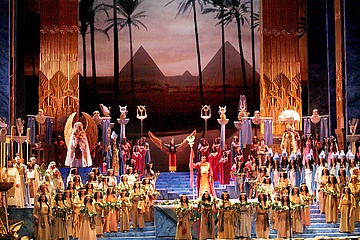
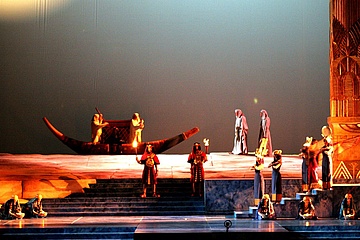
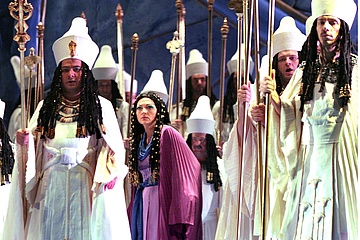
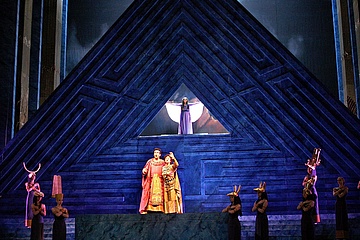
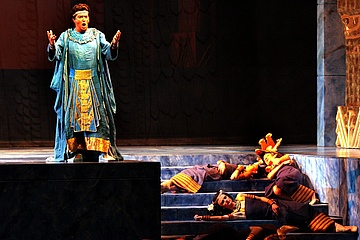
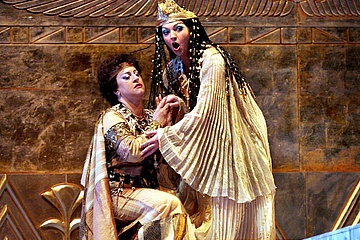
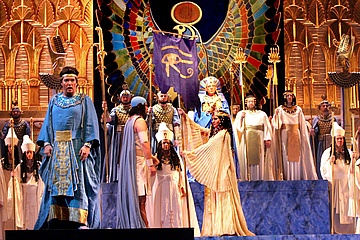
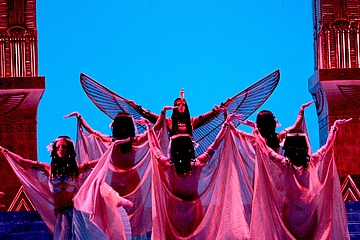
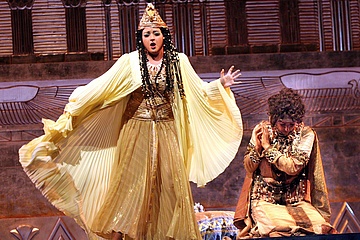
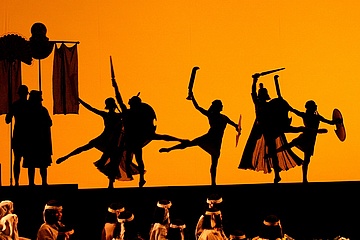
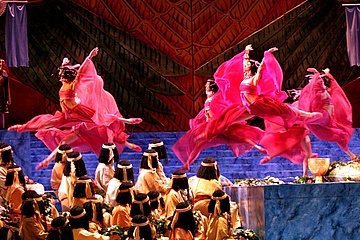
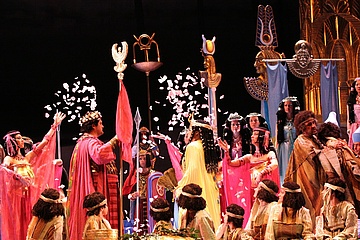
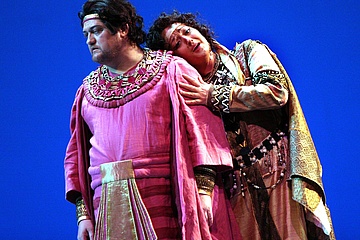
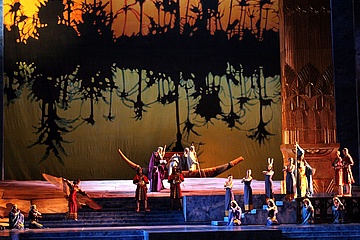
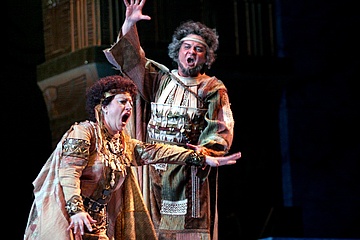
 Mieczysław Milun
Mieczysław Milun  Anna Lubańska
Anna Lubańska  Lucrezia Garcia
Lucrezia Garcia  Rudy Park
Rudy Park  Grzegorz Szostak
Grzegorz Szostak  Andrzej Dobber
Andrzej Dobber  Adam Zdunikowski
Adam Zdunikowski  Katarzyna Trylnik
Katarzyna Trylnik  Jeanette Bożałek
Jeanette Bożałek  Adam Kruszewski
Adam Kruszewski  Roberto Laganà Manoli
Roberto Laganà Manoli ![[Translate to English:]](/fileadmin/_processed_/f/4/csm_Emil_Wesolowski_fot._Pawel_Roslon_mini__e5d48cae55.jpg) Emil Wesołowski
Emil Wesołowski ![[Translate to English:]](/fileadmin/media/img/ludzie/dyrygenci/patrick_fournilier_fot_arch_artysty_-_kwadrat.jpg) Patrick Fournillier
Patrick Fournillier 

